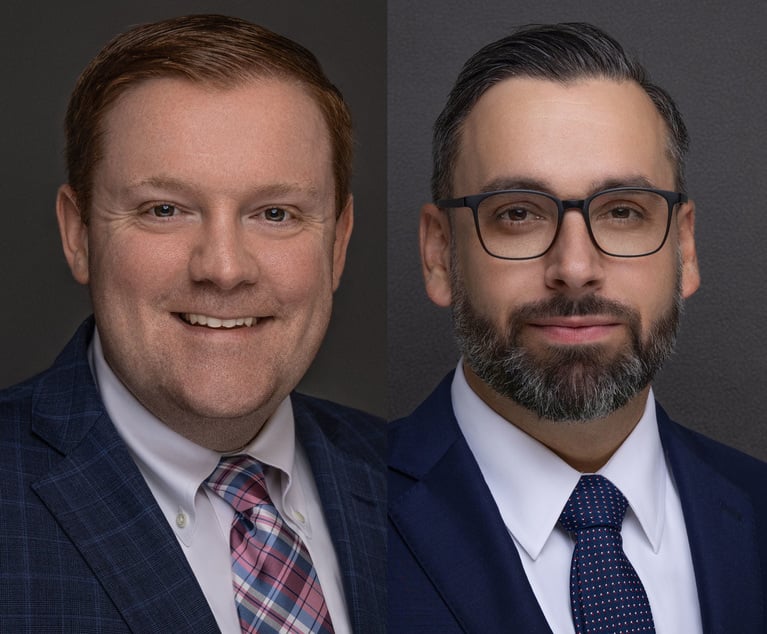In its recent decision in Department of Agriculture Rural Development Rural Housing Service v. Kirtz, No. 22-846, the U.S. Supreme Court resolved a circuit split over whether federal agencies could be liable to individuals for private rights of action under the Fair Credit Reporting Act (FCRA). Central to the analysis is whether Congress waived the federal government’s sovereign immunity in the FCRA.
As I noted in an earlier article about oral argument in the case, Justice Elena Kagan seemed in favor of Kirtz’s argument that federal agencies could be liable for violating the FCRA, stating during oral argument that the case was a “statutory interpretation 101” case. (Personally, I always thought that the issue was clear given the FCRA’s broad definition of “person” to include “any … government or governmental subdivision or agency.”)


 James Francis, a partner at Francis Mailman Soumilas in Philadelphia. Courtesy photo
James Francis, a partner at Francis Mailman Soumilas in Philadelphia. Courtesy photo




